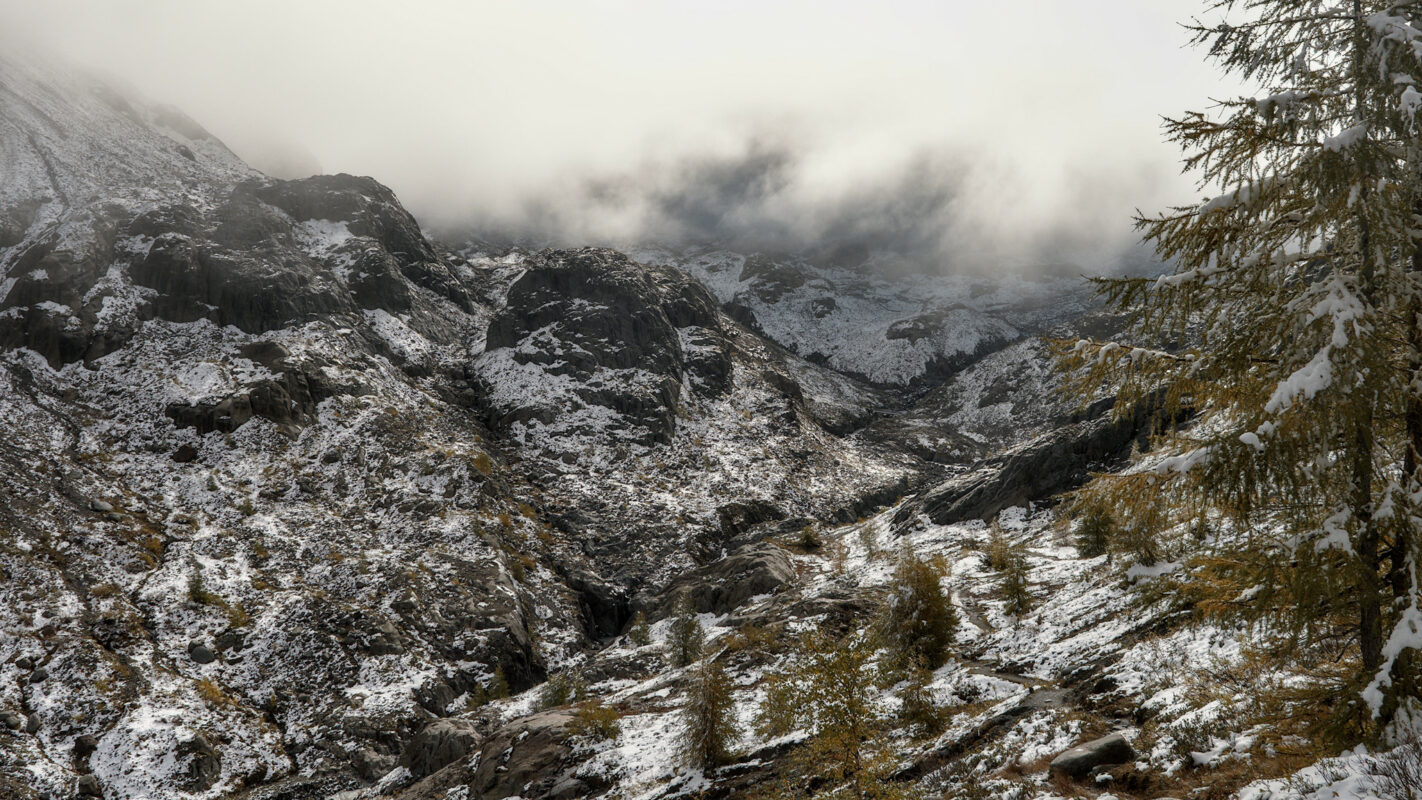The worst-case outcomes of an unmitigated climate emergency—civilizational collapse or even human extinction—are “dangerously underexplored” scenarios requiring further study, an analysis published Monday asserted.
In a perspective published in the Proceedings of the National Academy of Sciences, climate scientists Luke Kemp, Chi Xu, Joanna Depledge, and Timothy M. Lenton argue that humanity must prepare for what they call the “climate endgame.”
“It is time for the scientific community to grapple with the challenge of better understanding catastrophic climate change,” the researchers write.
Although climate scientists say such catastrophic consequences are unlikely, the paper’s authors caution that “facing a future of accelerating climate change while blind to worst-case scenarios is naïve risk management at best and fatally foolish at worst.”
“There is ample evidence that climate change could become catastrophic. We could enter such ‘endgames’ at even modest levels of warming,” they warn. “Understanding extreme risks is important for robust decision-making, from preparation to consideration of emergency responses.”
“This requires exploring not just higher temperature scenarios but also the potential for climate change impacts to contribute to systemic risk and other cascades,” the authors add. “We suggest that it is time to seriously scrutinize the best way to expand our research horizons to cover this field.”
New paper from @LukaKemp in PNAS 'Climate Endgame: Exploring catastrophic climate change scenarios' https://t.co/MihpWqUF8s
— Centre for the Study of Existential Risk (@CSERCambridge) August 1, 2022
The scientists propose a research agenda that seeks to answer four main questions:
- What is the potential for climate change to drive mass extinction events?
- What are the mechanisms that could result in human mass mortality and morbidity?
- What are human societies’ vulnerabilities to climate-triggered risk cascades, such as from conflict, political instability, and systemic financial risk?
- How can these multiple strands of evidence—together with other global dangers—be usefully synthesized into an “integrated catastrophe assessment?”
“Knowing the worst cases can compel action, as the idea of ‘nuclear winter’ in 1983 galvanized public concern and nuclear disarmament efforts,” the analysis states. “Exploring severe risks and higher-temperature scenarios could cement a recommitment to the 1.5 °C to 2 °C guardrail” that the Paris climate agreement says is imperative to avoid an irreversible climate catastrophe.
“I think it’s sane risk management to think about the plausible worst-case scenarios and we do it when it comes to every other situation, we should definitely do when it comes to the fate of the planet and species,” study lead author Luke Kemp, a researcher at the University of Cambridge in England, told the BBC.
New paper in PNAS on worst-case climate change
I think we have to clearly communicate risks and also say: We still have it in our hands. We have the technologies, we know the policies. It is cheaper and necessary to immediately act on climate change.
https://t.co/Gu5CDqFobh— Niklas Höhne (@niklashoehne) August 1, 2022
In a separate interview with The Guardian, Kemp said that “paths to disaster are not limited to the direct impacts of high temperatures, such as extreme weather events. Knock-on effects such as financial crises, conflict, and new disease outbreaks could trigger other calamities.”
Study co-author Xu of Nanjing University in China told the BBC that “average annual temperatures of 29°C currently affect around 30 million people in the Sahara and Gulf Coast.”
“By 2070, these temperatures and the social and political consequences will directly affect two nuclear powers, and seven maximum containment laboratories housing the most dangerous pathogens,” he added. “There is serious potential for disastrous knock-on effects.”
